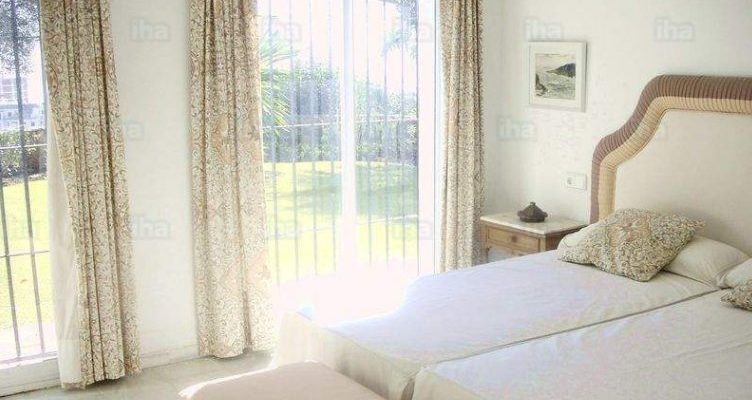Ultraviolet radiation refers to light that is at a higher frequency on the electromagnetic spectrum than the light we can see. It’s notorious for being bad for your skin and eyesight, for being associated with various sorts of cancer, and for causing sunburn.
If you’re shopping for a new window, these are all things which should concern you. Does ultraviolet light pass through glass in the same way that visible light does? And, perhaps more importantly, can you get sunburnt from sitting beside the window? These are the questions we’ll be tackling in this article.
Do UV Rays Go Through Glass?
The answer is a little bit complicated. Not only are there different sorts of glass with different properties, but there are different sorts of UV light, too.
Shorter-wavelength UV-B rays are easily excluded, but longer-wavelength UV-A rays can easily pass through a normal glass window.
If you’re wondering, there is such a thing as UV-C – but these wavelengths tend to get blocked by the atmosphere before they even strike the surface of the planet. So, that’s one less thing to worry about!
Can You Burn Through Windows?
Common glass windows in your car, home, office and in our range will block almost all UV rays that reach the Earth. Glass does struggle with UV-A rays as mentioned before, so whilst you may not feel burning, the UV-A rays can still cause damage to your skin. However, in the UK, you’re going to have to be sat by a sunny window for a long time for that to happen. If you are going to be by a window on a sunny day for hours and your skin is quite sensitive, then some sun block won’t hurt.
Sunburn, moreover, is just one type of skin damage that can result from excess UV exposure; certain sorts of people will be vulnerable to increased freckling and photodermatitis (a skin condition exacerbated by exposure to light).
For an average person in the UK, you really don’t have to worry about burning through your windows on a sunny day. But UV radiation and its effects on the skin aren’t to be ignored. Take care in sunny conditions and always err on the side of caution. Remember also, that you can get sunburnt on a cloudy day.
Of course, some of us deliberately seek out the sun in pursuit of a healthy-looking tan. We’ve covered how windows can contribute to tanning in a previous blog, so be sure to check that out.
Another factor we haven’t considered is that the UK doesn’t receive all that much sunlight – so unless you’re sitting in a conservatory for hours on the south side of a building, you’re unlikely to suffer much. While obviously being true, this fact doesn’t stop UV rays from being damaging. If you’re fortunate enough to work in a greenhouse all day (or unfortunate enough to work at a computer besides a sun-facing window) then it’s important that you aren’t blasé about the damage the sun can inflict. Draw the blinds (or apply some sun lotion) and give yourself peace of mind!



